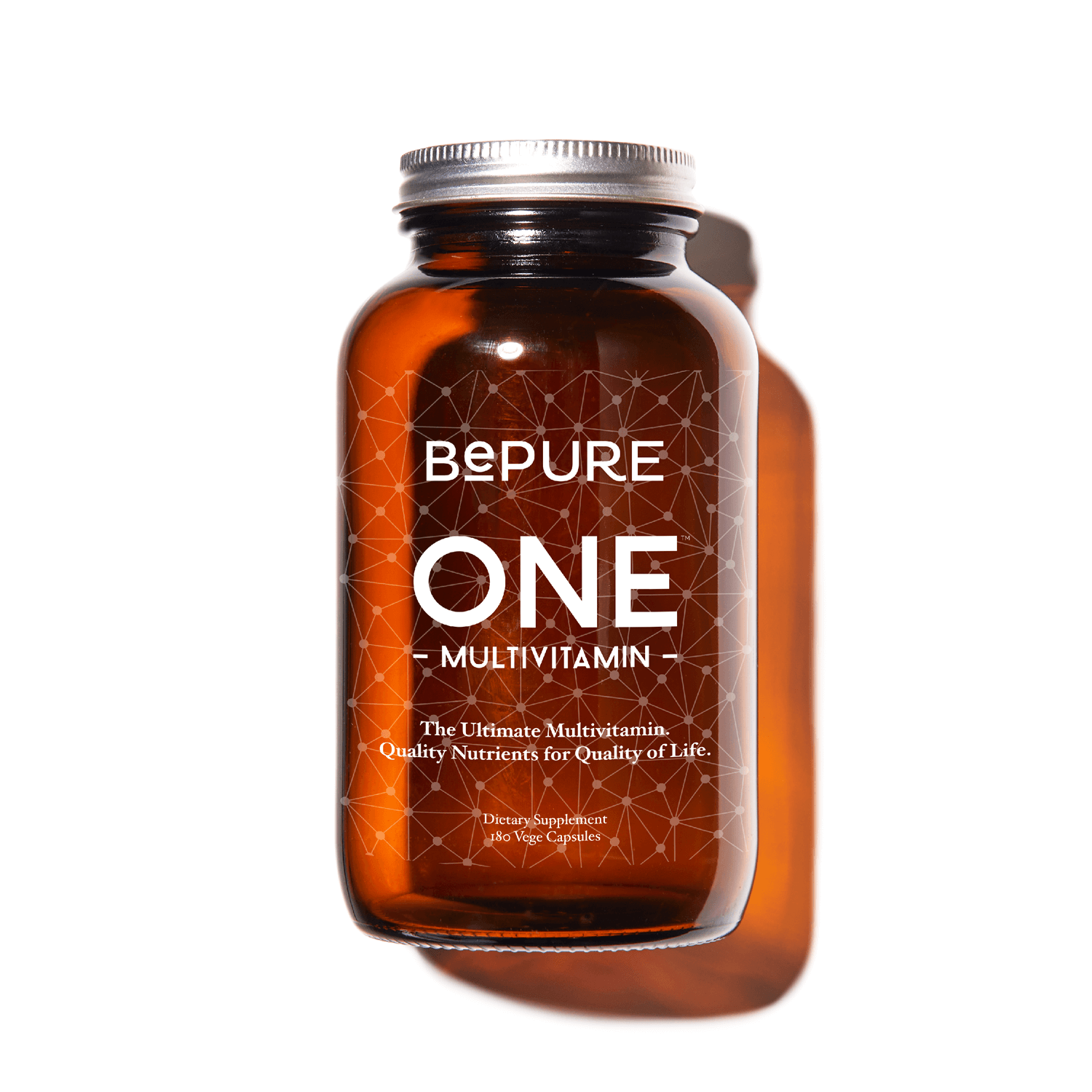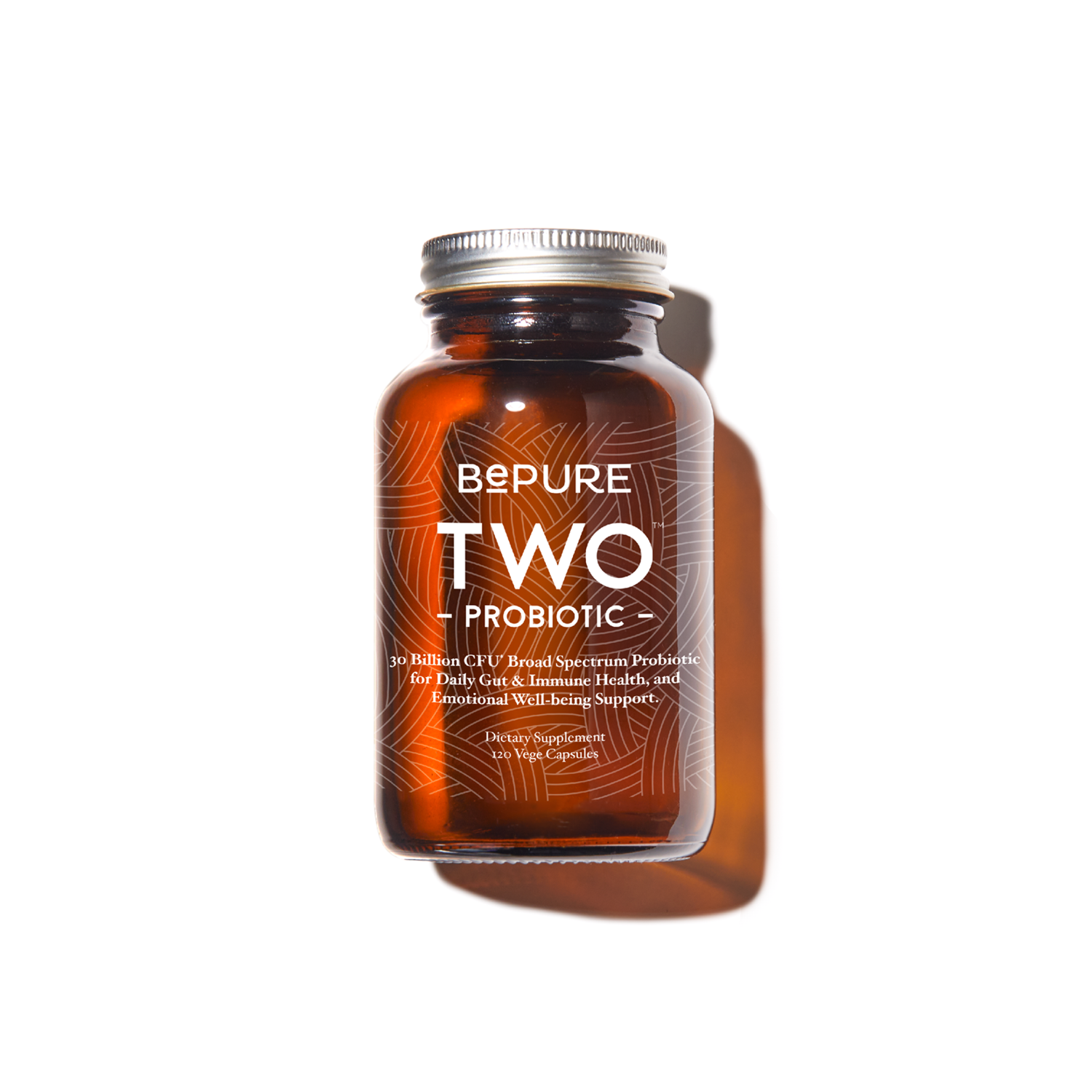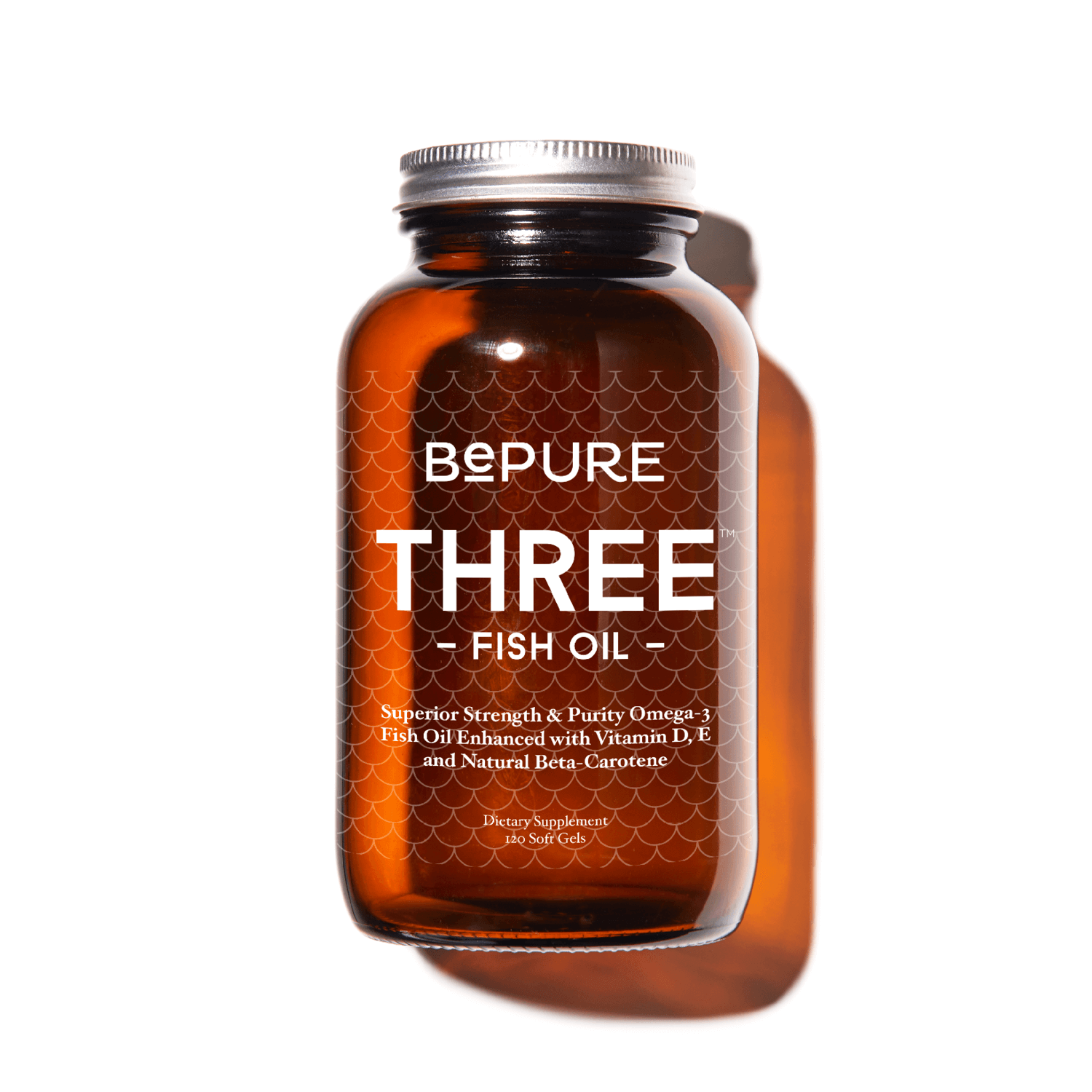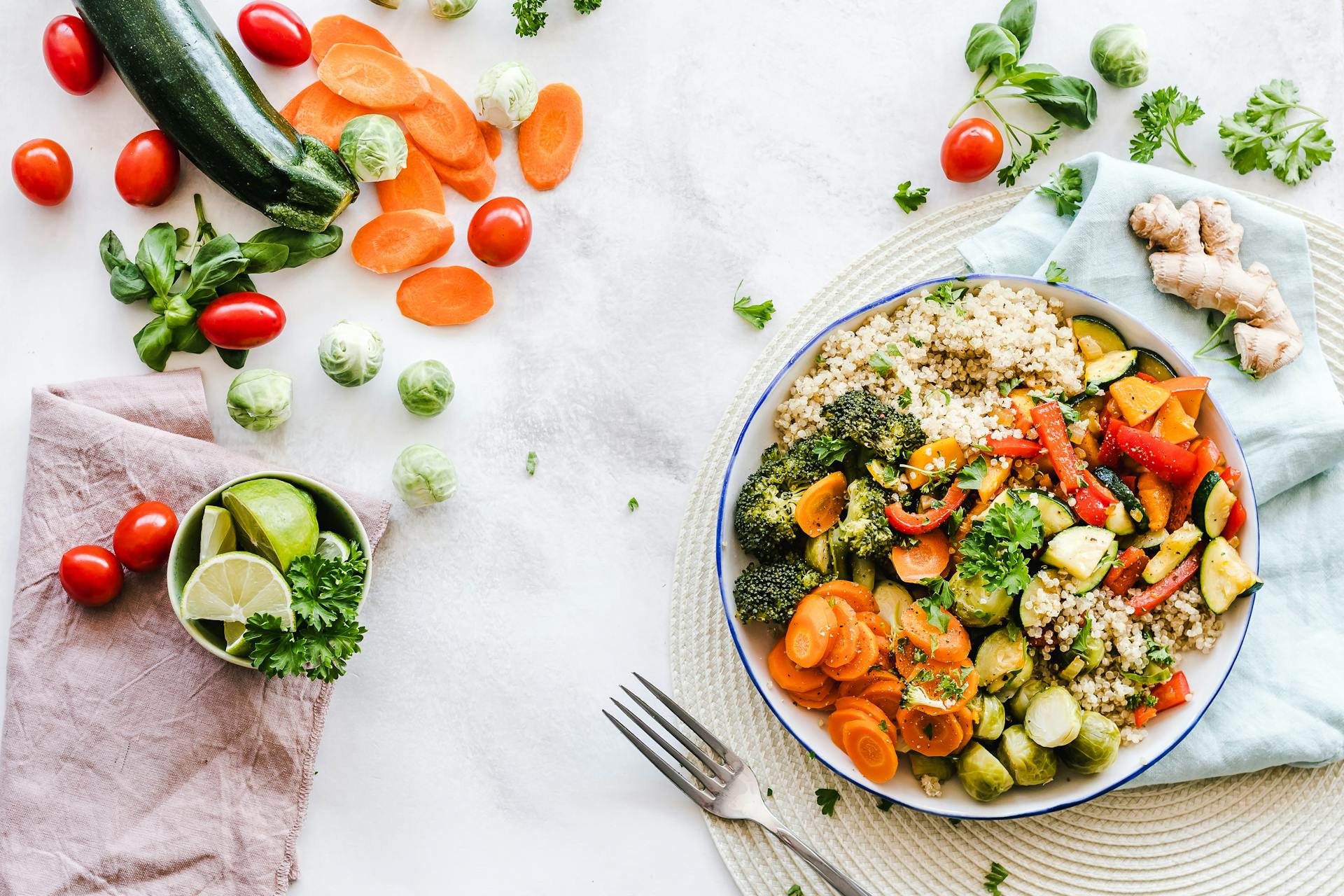On a very basic level, we experience hunger when we need energy and we crave certain foods when we need nutrition.
Our bodies are constantly trying to maintain a level of homeostasis – our bodies “normal” functioning level. We experience bodily cues, like hunger, to tell our bodies to eat and maintain the energy required to remain at this level.
However, beyond this simplistic explanation, evolution has designed us to want or “crave” certain foods. We've become wired to enjoy sugar, fats and proteins, because historically they gave our bodies the essential energy and nutrients needed for survival.
It is these primal instincts that drive our cravings today. Learning what your cravings actually mean is vital for improving your health as an individual. We've all experienced food cravings enough to know that willpower isn't going to win out against those salty chips or sweet chocolate muffins at 3pm on a Friday... Especially if you've been resisting them all week!
Craving salty and sweet foods likely mean your body is craving additional nutrients in your diet.
Understanding what nutrients your body is missing can help you make healthy substitutes over time and reduce your cravings.
So what do our cravings actually mean? What nutrients are we missing? And what can we do about it?
Are you craving sugar?
In nature, there’s an 80% correlation between nutrient density and sugar content. Nutrient density means the micronutrient content that a food has and includes nutrients such as zinc, magnesium, B Vitamins, Vitamin C, selenium and more.
For example, if you eat a peach that is sweeter - often riper - there is more nutrition in it. Our clever bodies know this and so seek out the sweetest available food.
The problem with this is that today we don’t live in evolutionary times. It's the 21st century and we have sweet, refined, processed foods available to us 24/7.
When you go to the supermarket, 80% of all products have added sugar and we are consuming these sugars – with very little additional nutrition – on a daily basis.
What can you do?
When you experience a sugar craving try eating some delicious, local, seasonal fruit. Seasonal fruit has been allowed to ripen naturally and will have a much higher nutrient density. Stick to one serving, such as a medium-sized piece of fruit or 1 cup of cut up fruit. Pair your fruit with a quality protein or fat to help slow the absorption of sugar into your bloodstream.
Here are some of my favourite combinations:
- Apple slices with your favourite natural nut butter (I like almond butter), sprinkled with cinnamon.
- In Autumn when it's cooler outside try unsweetened stewed fruit, such as feijoas or rhubarb, with greek or coconut yoghurt.
- In warmer months try sliced peaches and grilled haloumi.
Are you craving fats?
Like sugar, craving fatty foods signals your body is wanting specific nutrients. In this case, you’re likely craving fat-soluble vitamins A, K, D and E.
These fat soluble vitamins are vital for supporting our immune system, stabilising blood sugar levels and even help to determine how your body uses - and stores - calcium.
In nature, we find these fat-soluble vitamins in whole foods (often referred to as good fats) like nuts, seeds, avocado, oily fish and whole animal products. In the food industry, we're exposed to non-whole food sources of fat. Processed food products contain hydrogenated oils and trans fats.
While we may crave fried or fatty foods – such as potato chips – to satisfy our bodies need for fat-soluble vitamins and nutrition, eating processed fatty foods won't fix the underlying issue and we'll continue to crave them.
What can you do?
Include a healthy amount of quality whole food fats with every meal. The amount you need will vary depending on your unique genetics and metabolic type. Some people do incredibly well on a diet high in fats and animal protein, while others only need a small amount to support healthy hormones and immune function. Where you sit on this scale will require some trial and error and listening to your biofeedback.
Our favourite types of fat to include in your diet are:
- Avocado
- Extra virgin olive oil
- Flaxseed oil
- Coconut oil
- Raw nuts and seeds
- Tahini
- Oily fish – such as mackerel, sardines and salmon
- Fat from animal products including butter, ghee and lard
- If you’re new to eating fat, start with a small serve such as ¼ of an avocado, ½ to 1 tablespoon of oil or a small handful of nuts or seeds with every meal.
Are you craving salt?
The other primary evolutionary craving I believe we have is for proteins. Unlike sugar or fats where the craving links directly to the matching food source – a craving for salt often indicates our body needs more protein-rich foods.
We need to consume protein-rich foods for amino acids but also for the minerals and salt contained they contain.
Again, satisfying this craving with processed, salty foods, like pretzels or crackers, will not remedy the underlying craving for nutrition as these foods do not contain protein or mineral salts.
What can you do?
Any combination of protein and mineral-rich salt will work to remedy a craving for salt. My favourite craving buster is organic chicken thigh, sprinkled with salt and lemon zest and grilled in the oven. If it's a nice day I'll grill them on the BBQ.
Vegetarians can wrap hard boiled eggs in nori sheets, or fry slices of haloumi. While vegans can enjoy a delicious dahl salted with Himalayan rock salt or homemade falafel.
Obviously addressing key nutritional deficiencies will take time. We cannot expect to fix persistent cravings for sugar in one day with some fruit and a few nuts.
Substituting for these nourishing, whole food options will provide your body with the nutrition it actually needs and will reduce your cravings overtime.
Plus you'll also have the added benefit of building healthier habits and strategies for coping with these cravings.
Be sure to let us know how you get on. Share your craving buster meals with us @bepurewellness.



